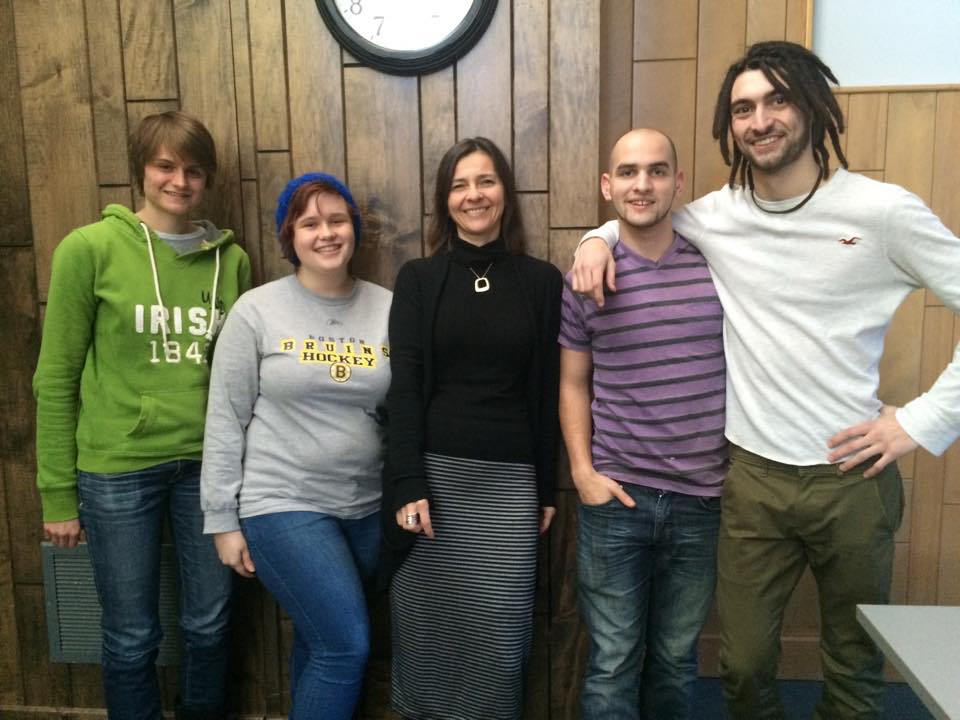
Dr. Michaela Hynie is a professor at York University who works in the Department of Psychology in the faculty of Health. She is the Associate Director at York Institute for Health Research and has spent time in Rwanda working on a community-based mental health intervention for maternal mental health. Recently, we had the privilege of learning from Dr. Hynie as she was a guest speaker in our International Development class. Her talk was titled, ‘Incorporating culture into thinking about social relationships and community based mental health interventions.’
Culture is like water to a fish, you don’t know what it is, or that you’re in it, until you’re out of it. Such a comparison lends itself to cross cultural interaction in the sense that we cannot acknowledge our preconceived notions about culture until we bear witness to how it differs from nation to nation. Things like linguistic tendencies, or to what we place value, is largely dictated by the cultural practices in our geographical location. Relating culture to development, we cannot function as development practitioners without a deep understanding of cultural predispositions in the area we work in. A simple miscommunication such as entering someone's house before being welcomed, or accepting an offer of tea too quickly can hinder relations with the very people we’re trying to work with. All of this to say, that we have to constantly be questioning how we’re conveying ourselves cross culturally, and rid ourselves of the idea that how we act is how everyone acts internationally. This is especially important when working in the area of mental health.
The impact that culture and mental health have on each other is immeasurable. Experiences within your culture can either help you with your mental health and teach you ways to cope and give you support, but other experiences can stress you and deteriorate your mental well-being and will only show you distress and a "do it on your own" attitude. Of course, the question arises, why does a culture's view of mental health matter? It's very important because people that do have these problems live shorter lives and have a lower income. It's often seen that some places handle the diagnosed people by putting them into "hospitals", which would be better described as a jail. This then turns into a human rights issue.
Our understanding of culture must expand beyond the limits of our own experience when addressing a development issue. The same is true of mental health, which is elemental in all human lives. In the realm of International Development there are no easy answers. The complexity that culture creates as it entangles with mental illness compels us as developers to be diligent, and ensure that the unique elements of that culture are appropriately addressed before acting, if we are to make a change.
Overall, Dr. Hynie’s talk taught us much about the connections between culture, mental health and development, but more importantly it taught us how complex these issues are and that there is still much to learn.